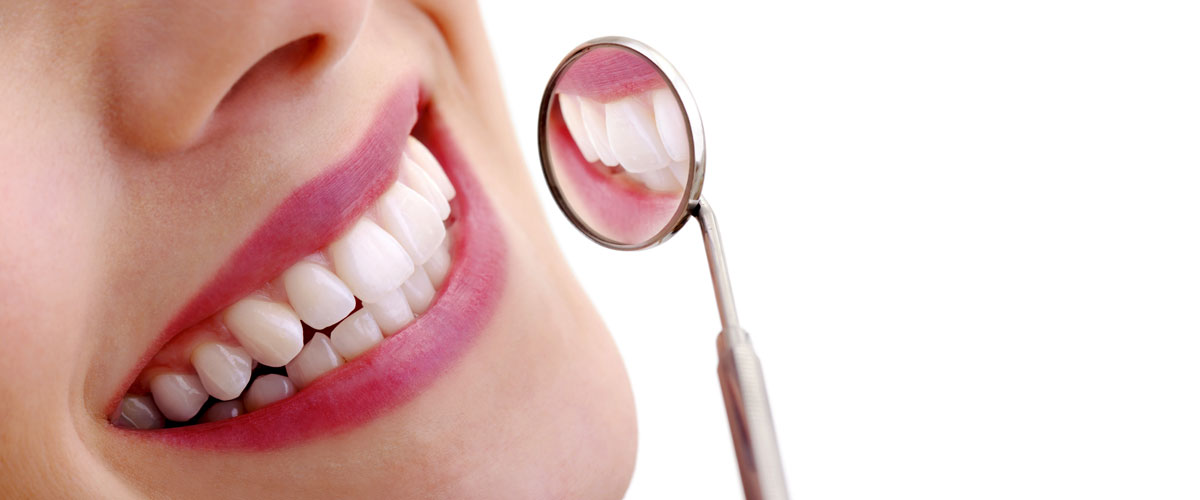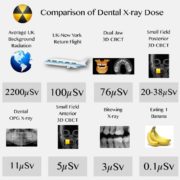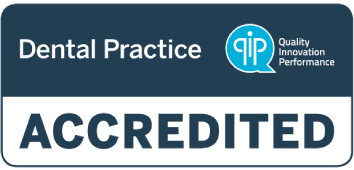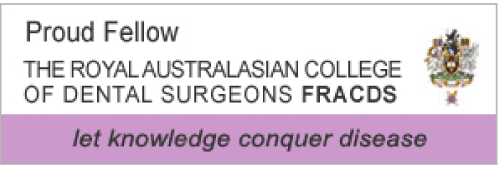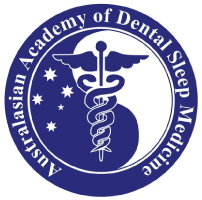Did you know that going to the dentist for a regular check-up can help keep your gums and teeth healthy and prevent disease?
Have you ever wondered what we do when we examine your mouth, gums and teeth with our little mirror?
We’re looking for early signs of issues with your teeth and gums that if managed early may prevent you from needing more extensive treatment in the future.
Going to the dentist for a regular checkup isn’t just for adults. We recommend that children have their first visit to the dentist by their first birthday. We specialise in making your child’s visit to the dentist relaxing and enjoyable. Find out more about dental check-ups for children and children’s dentistry here.
General Health V Dental Health
Studies show that the health of your teeth and gums has an effect on your general health and well-being. Gum disease has been associated with an increased risk of cardiovascular disease, a risk of stroke, diabetes and premature births.
When we examine your mouth, teeth and gums we get insights into your overall health. The information we pick up about your health are important and can be significant. For example, if you have diabetes you’re more at risk of developing gum disease. People who have struggled with bleeding and painful gums can later find out they’ve been in fact suffering from diabetes.
We can look after your dental health and work with your medical doctor in relation to heart conditions, sleep apnoea, pregnancy, osteoporosis and cancers.
What we do during a routine dental examination and cleaning
Have you ever been laying back in the dentist chair and thought to yourself, “I wonder what they’re looking at in there?” But with dentist’s fingers in your mouth, the mirror and the dental probe it can be hard to ask!
When you visit us for your routine check-up and clean we:
- Check the function of your temporo-mandibular joint (TMJ) that connects your jawbone to your skull. Dysfunction can lead to discomfort and pain.
- Look for any signs of oral cancer or soft tissue pathology
- Look for signs of tooth decay
- Check your gum health
- Check the integrity of your existing fillings and restorations
- Check your oral hygiene and show you how to maintain your teeth and gums
- Discuss your breathing, airway and any snoring or sleep issues
- Check your tonsils and throat area (oro-pharynx)
- Take X-rays and photograph your teeth, gums and fillings if required
- Scale and clean: Removal of plaque and tartar deposits from teeth and gums.
- Polish teeth and existing restorations to remove plaque and surface stains.
Oral Hygiene. How important is flossing?
If your dentist asks you if you’re brushing your teeth twice a day, do you nod your head?
But did you know that flossing your teeth is probably more important than brushing them?
When you floss your teeth you clean the tight contacts of the teeth where the toothbrush doesn’t reach. And because dental floss also fits under the gum, it can wipe away the soft plaque before it becomes calcified into “tartar”.
Have you seen commercials of mouthwashes and toothpaste promising to magically ‘control plaque and tartar’? Like to know the truth? Nothing beats using dental floss and a toothbrush. With the correct technique, dental floss can get in the nooks and crannies that even an electric toothbrush cannot reach.
Why do we take dental X-rays?
Been told you need a dental X-ray but not sure why?
Taking a dental X-ray helps us diagnose disease and damage including tooth decay, cysts and abscesses that aren’t visible to our naked eyes.
Before we take your X-ray we consider the risks and benefits carefully. The frequency of taking X-rays will depend on your age, oral health and any other symptoms you’re experiencing.
How safe are dental X-rays?
Been told you need a dental X-ray but concerned about how safe it is?
Studies have shown that having a dental X-ray has one of the lowest radiation doses available.
We get exposure to radiation from two sources:
- Natural background radiation (Sun and the atmospheric gases) accounts for about 3.1mSv/yr.
- Man-made sources such as CT scans and X-rays account for another 3.1mSv/yr
During your routine dental check-up, we may take up to 4 small bitewing X-rays, which is about 0.005 mSv. This is less than one day of natural background radiation. This level of radiation is about the same amount of radiation exposure from a short domestic airplane flight (approximately 1-2 hours).

